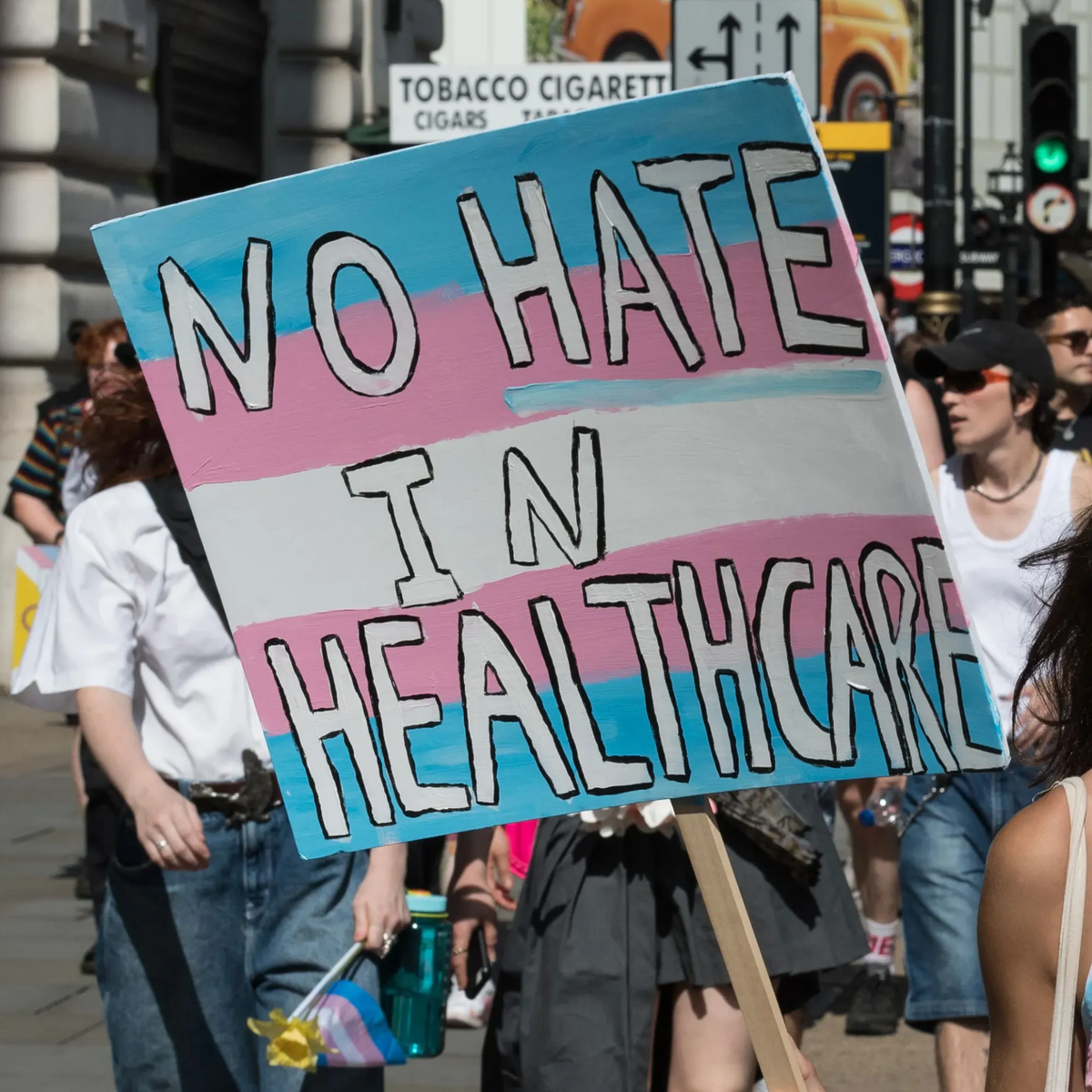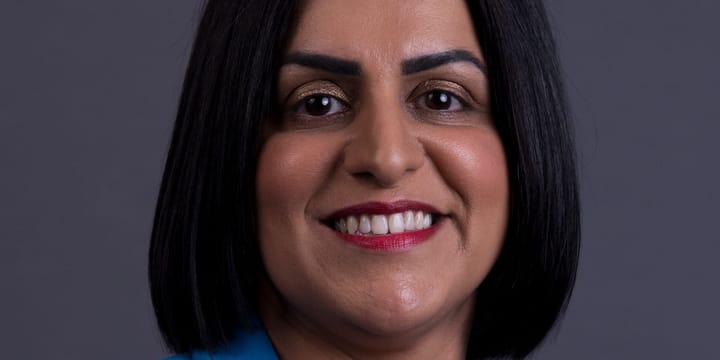Trans and non-binary people face barriers at every stage of primary care, Healthwatch finds

Trans and non-binary individuals continue to face significant challenges when accessing primary care services, according to a new report published by Healthwatch. The findings, drawn from a survey of nearly 1,400 trans and non-binary adults, reveal systemic issues ranging from administrative hurdles to discriminatory practices.
Only 53% of respondents rated their GP practice as “good” for general care - substantially lower than the 74% satisfaction rate reported in the general population. The report highlights that many individuals encounter difficulties when attempting to update their gender marker on NHS records, with 28% losing access to previous medical records and 18% being misgendered in official communications.
Disruptions to care were also common: 16% experienced issues with prescriptions, and 13% reported interruptions to ongoing treatment. Alarmingly, over one in five people who changed their gender marker said they were no longer offered sex-specific healthcare, such as cervical screening - potentially putting lives at risk.
Access to gender-affirming care remains inconsistent. Of those who sought hormone replacement therapy (HRT) through their GP, only 30% reported uninterrupted access. Gaps in HRT provision can lead to serious physical and mental health consequences, including the return of menstruation in trans men and menopause symptoms in trans women.
The report also found that some GPs are unwilling to refer patients to Gender Dysphoria Clinics or issue bridging prescriptions during long waiting periods. Others refuse to engage in shared care agreements, leaving patients without essential support.
Healthwatch is now calling for a new, comprehensive LGBTQ+ healthcare strategy to replace the outdated 2018 LGBT Action Plan. The organisation urges the government and NHS England to provide clear guidance on gender-affirming care entitlements and to ensure that trans and non-binary people are not excluded from vital sex-specific services.
Support independent LGBTQ+ journalism
Scene was founded in Brighton in 1993, at a time when news stories about Pride protests were considered radical. Since then, Scene has remained proudly independent, building a platform for queer voices. Every subscription helps us to report on the stories that matter to LGBTQ+ people across the UK and beyond.
Your support funds our journalists and contributes to Pride Community Foundation’s grant-making and policy work.
Subscribe today




Comments ()